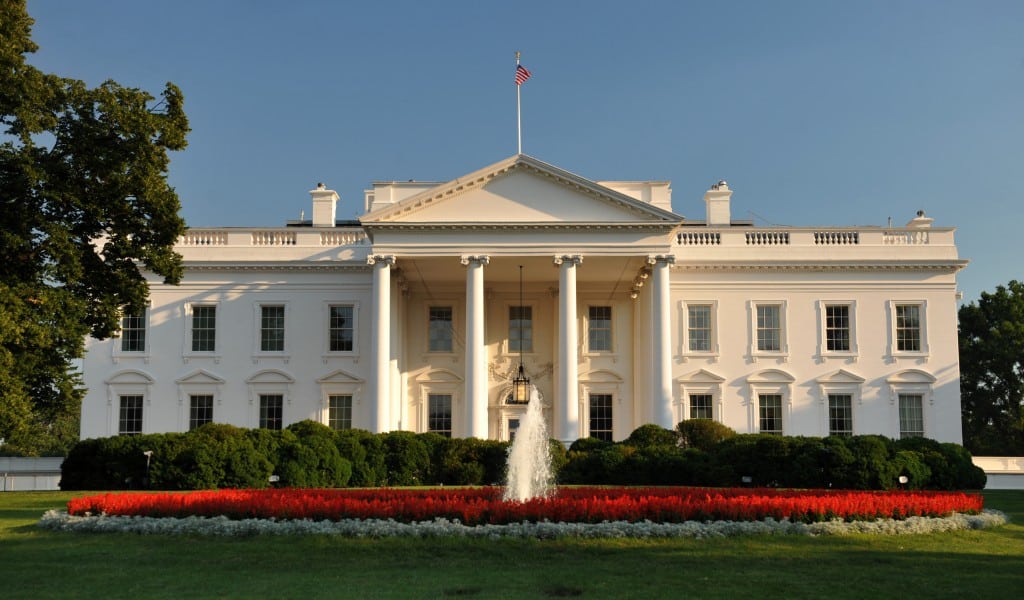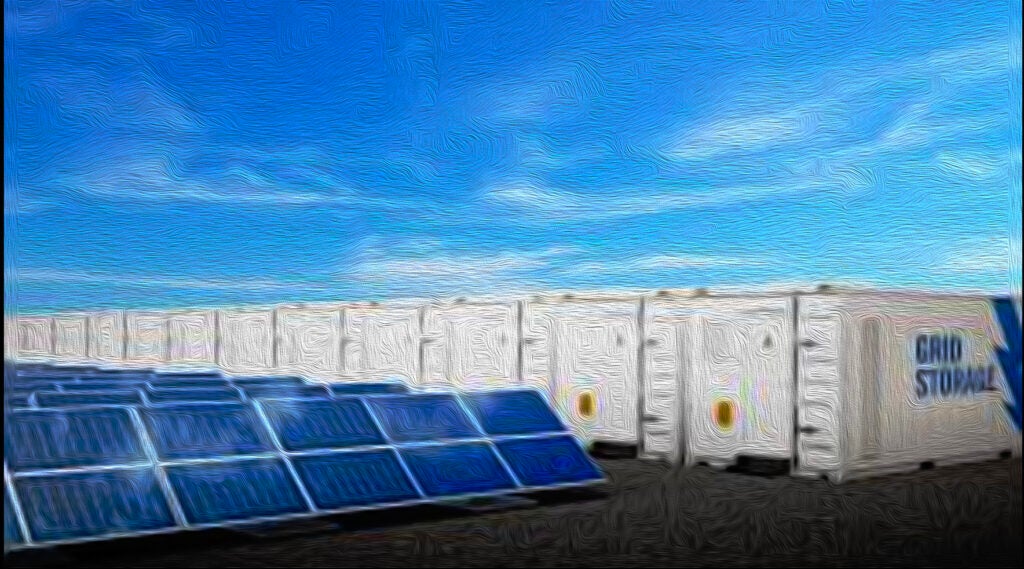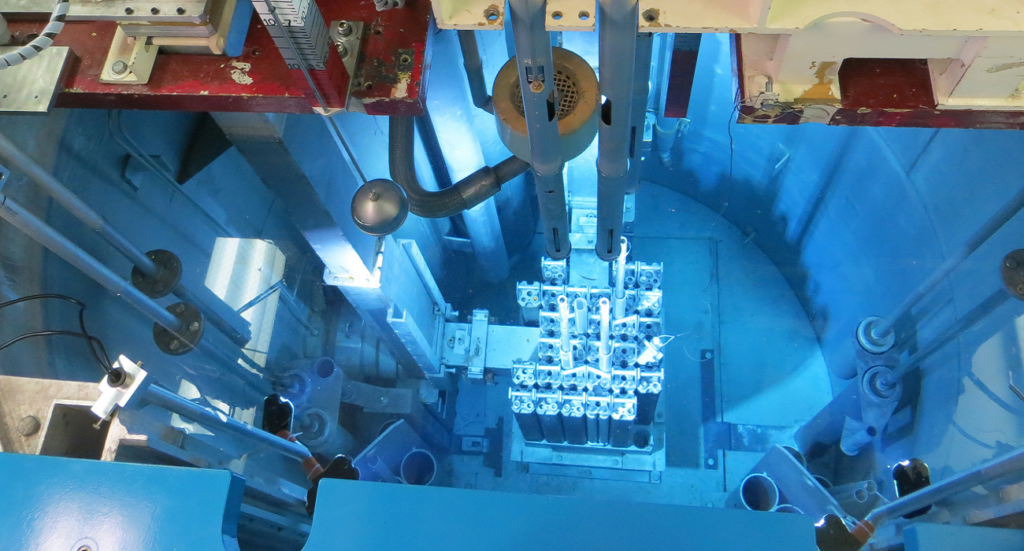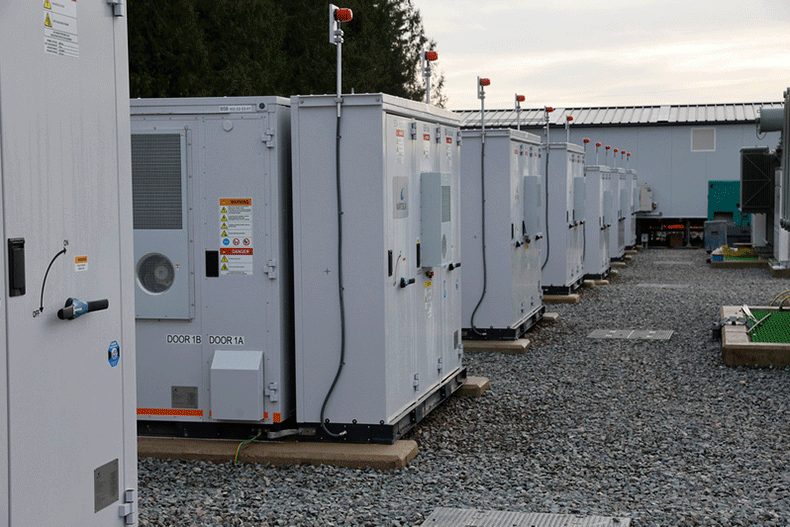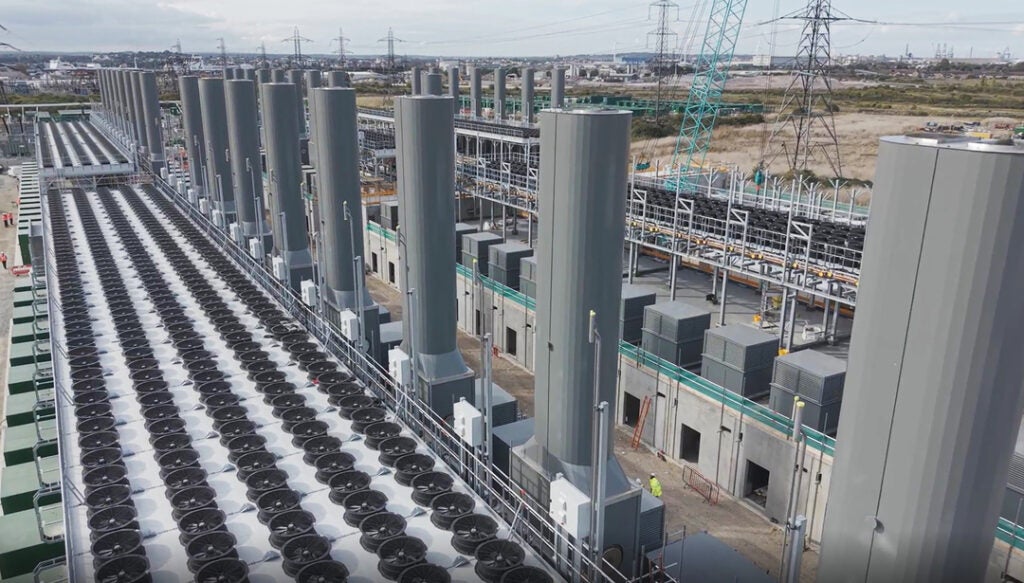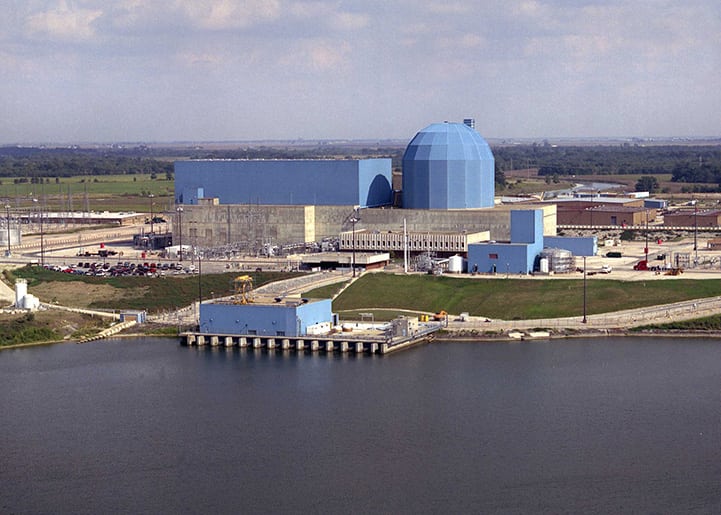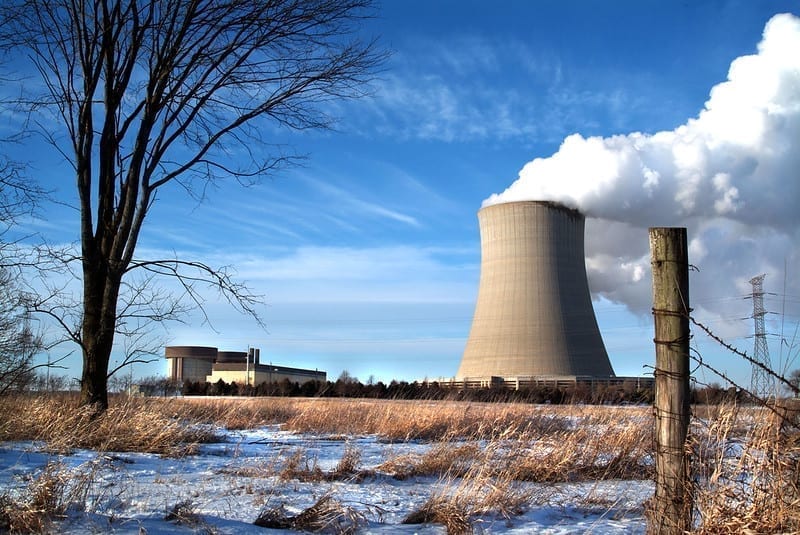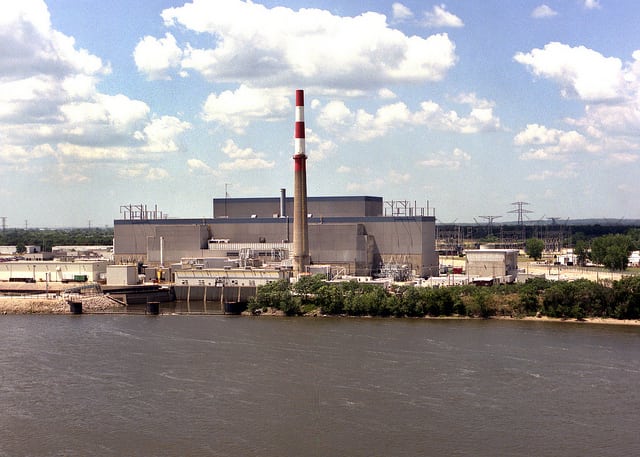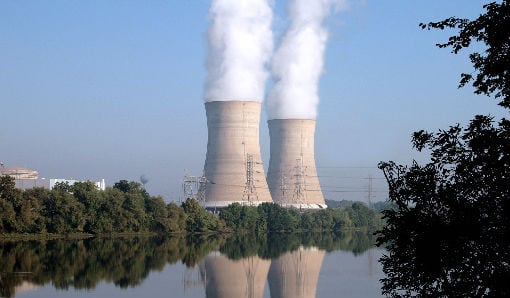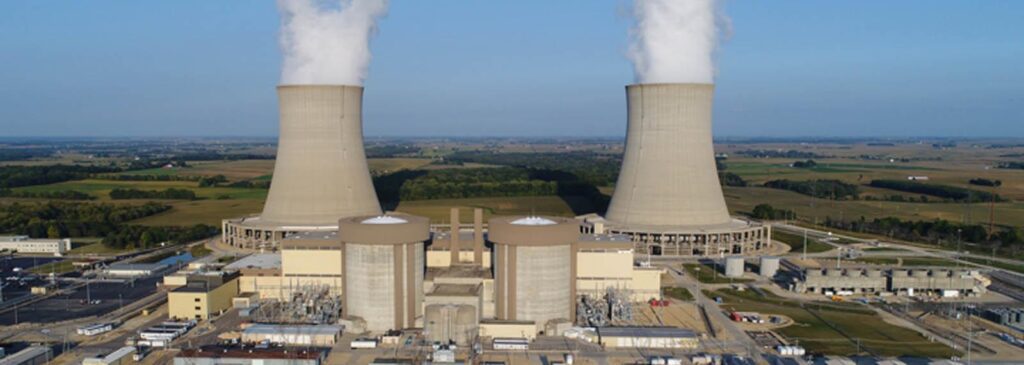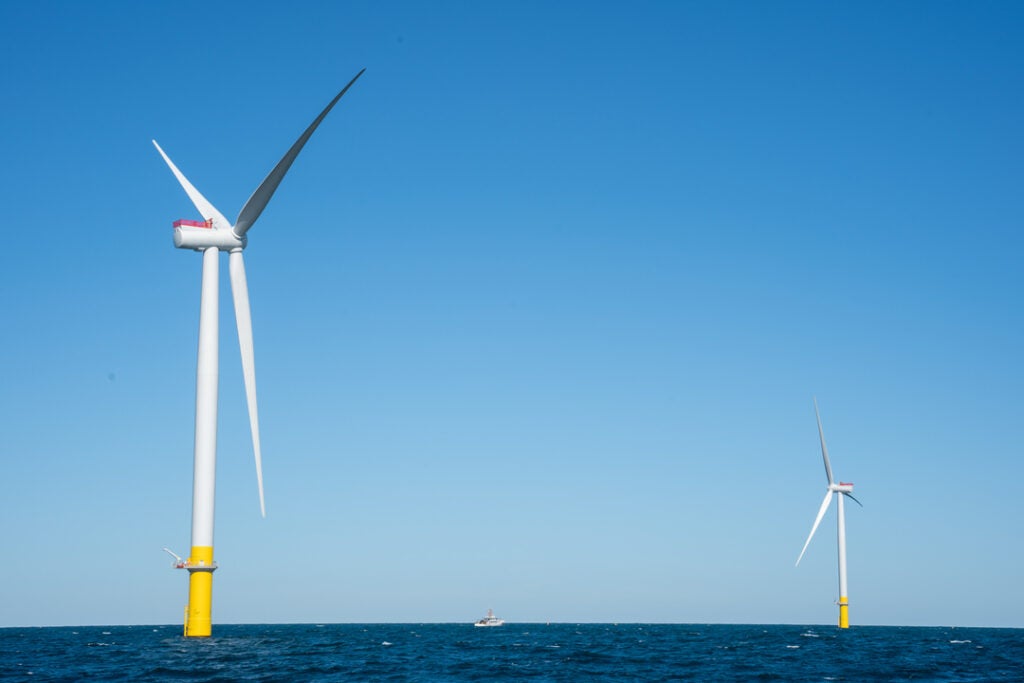After a lengthy process of give and take, the Illinois Legislature approved the Future Energy Jobs Bill (SB 2814) on December 1, the last day of the state’s veto session.
The bill will now go to Gov. Rauner (R) for his signature, which is expected. Once signed, it will take effect on June 1, 2017, a concession that was made to reduce the number of votes required for passage. Even with the change, the bill passed with only three votes to spare in the House and two extra votes in the Senate.
Nuclear Plants Rescued
Exelon predictably praised the bill. The power company claims SB 2814 will maintain competitive electric rates in Illinois, while preserving and creating good-paying jobs and spurring billions of dollars in investment in clean energy and energy efficiency.
But those items weren’t quite what Exelon was fighting for in its effort to push the bill through the General Assembly. It was desperate for the $235 million the bill will allow it to collect from customers annually to keep its Clinton and Quad Cities nuclear power plants open.
Some groups opposed to the legislation claimed that the typical customer’s bill would increase more than $4/month as a result of the bailout, but Exelon estimated that it would cost the average ComEd residential customer no more than 25¢/month. The company also said the cost to consumers would be much higher ($1.85/month) if the nuclear plants were closed.
In the end, Exelon agreed to cap the cost to residential customers at 25¢/month. The legislation also includes protections for all business-class ratepayers, limiting rate increases to 1.3% compared to 2015 rates.
Widespread Support for the Bill
The sweeping bill contains a grab bag of provisions that were aimed at drawing enough votes for passage. As a result, a wide range of business, labor, and environmental groups came out in support of the bill, including the American Federation of Labor and Congress of Industrial Organizations (AFL-CIO), International Brotherhood of Electrical Workers (IBEW), Chicagoland Chamber of Commerce, Illinois Retail Merchants Association, Natural Resources Defense Council, Sierra Club, Environmental Defense Fund, and others. However, support came for a variety of reasons, and some of it came in spite of the nuclear provisions.
“Implemented right, the low-income provisions of the Future Energy Jobs Act will give working people and people of color in Illinois a meaningful stake in the new, clean energy economy for the first time,” said Rev. Tony Pierce, board president of Illinois People’s Action and a community leader in Peoria. Although he may not have supported the bailout for nuclear power plants, Pierce felt passing “the most racially and economically just overhaul of Illinois energy policy possible” was worth the trade-off.
Nuclear Matters—a nuclear industry coalition—suggested that the bill was not a nuclear bailout, but rather, an investment in working families, new job expansion, and Illinois’ clean energy future. “The passage of the Future Energy Jobs Bill is a major step forward for Illinois. By voting in favor of this important legislation, the Illinois General Assembly has demonstrated commendable foresight in terms of protecting valuable environmental and economic benefits for the state’s residents,” it said.
The Sierra Club, one of the largest environmental advocacy groups in the U.S., said it had worked for more than two years to advance clean energy in the state. “While this bill contains difficult compromises, this is a tremendous leap forward for clean energy in Illinois. With these policies now in place and strengthened, we will continue the work to reduce dangerous carbon pollution, support opportunities for family-sustaining jobs in Illinois’ energy economy, ramp up renewable energy and ensure that clean energy opportunity is prioritized for communities burdened for decades by pollution,” it said in a statement.
Exelon President and CEO Chris Crane took a victory lap to celebrate the achievement, one he and his company have sought for years.
“This forward-looking energy policy levels the playing field and values all carbon-free energy equally, positions Illinois as a national leader in advancing clean energy, and will provide a major boost to the Illinois economy,” he said. “This has always been first and foremost about doing the right thing for our customers, the talented men and women who operate the plants, and the communities we serve. Today marks a significant victory for the state of Illinois, the families and businesses that live and work here, and the health of our environment.”
—Aaron Larson, associate editor (@AaronL_Power, @POWERmagazine)



